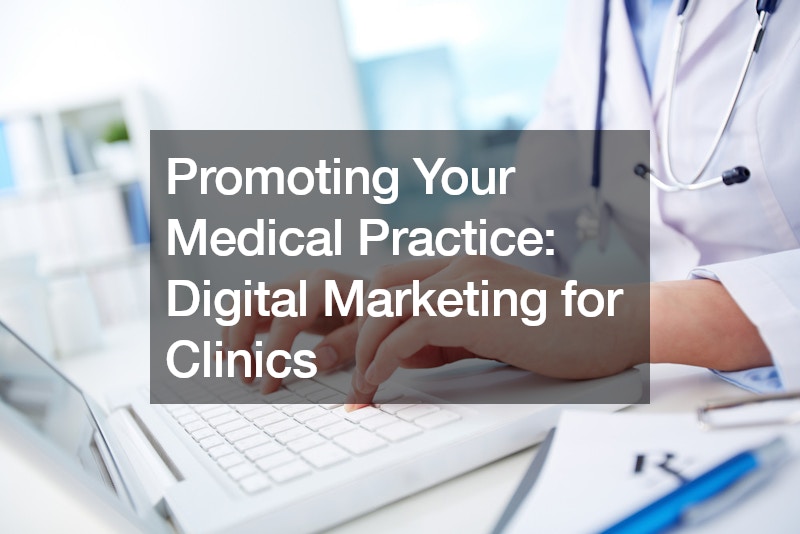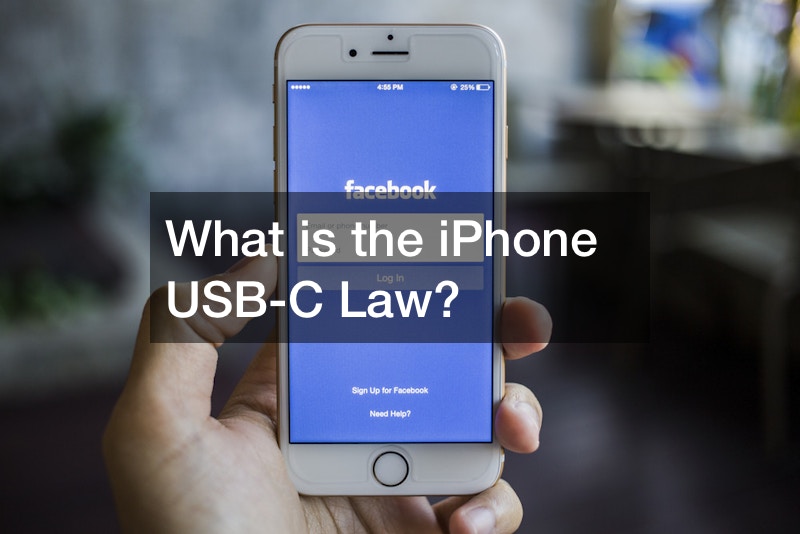
What is digital marketing?
Digital marketing encompasses a broad range of strategies and tactics used to reach and engage with target audiences online. It leverages digital channels such as websites, search engines, social media, email, and mobile apps to connect with current and prospective customers.
One of its key advantages is its ability to precisely target specific demographics and measure the effectiveness of marketing campaigns in real-time. Unlike traditional marketing methods, digital marketing allows for detailed analytics and insights into consumer behavior, enabling businesses to refine their strategies and optimize their return on investment (ROI).
Common techniques in digital marketing include search engine optimization (SEO), where websites are optimized to rank higher in search engine results, and pay-per-click advertising (PPC), which allows businesses to bid for ad placement in search engine results or on websites. Social media marketing involves creating and sharing content on social media platforms to increase brand awareness and engagement.
Overall, digital marketing is essential for businesses looking to stay competitive in the digital age, as it provides the tools and methodologies to reach a global audience efficiently and cost-effectively.
Digital marketing is crucial for the medical field, from a pain clinic to a fertility bank, as it allows them to reach a larger audience, increase brand awareness, and attract new patients. In today’s digital age, having a strong online presence is essential for the success of any medical practice.

1. What is the importance of digital marketing for clinics?
How does digital marketing differ from traditional marketing for clinics?
Digital marketing differs from traditional marketing in that it allows clinics to target specific demographics, measure results in real-time, and adjust strategies accordingly. Traditional marketing methods are often more expensive and less targeted compared to digital marketing.
The benefits of digital marketing for clinics include increased visibility, higher patient engagement, improved brand reputation, and the ability to track and analyze marketing efforts more effectively. It is a cost-effective way for clinics to promote their services and attract new patients.
2. How can clinics effectively use social media for marketing?
Which social media platforms are best for clinics to use?
Social media platforms such as Facebook, Instagram, and Twitter are ideal for clinics to engage with patients, share relevant content, and promote services. These platforms allow clinics to reach a wider audience and interact with patients in real-time.
Clinics should post a mix of educational, informative, and promotional content on social media. They can share healthcare tips, patient testimonials, staff profiles, and updates on services to keep patients informed and engaged.
3. How can clinics improve their website for better marketing?
What key elements should a clinic website have for effective marketing?
A clinic website should have a user-friendly design, clear navigation, mobile responsiveness, compelling content, strong call-to-actions, and easy appointment scheduling. These elements of marketing for clinics help attract visitors, retain their interest, and convert them into patients.
Clinics can optimize their website for search engines by using relevant keywords, creating high-quality content, improving site speed, obtaining backlinks, and enhancing user experience. These strategies help boost search engine rankings and increase organic traffic.

4. What role does content marketing play in promoting a clinic?
What type of content is most effective for clinic marketing?
The most effective types of content for clinic marketing include blog posts, videos, infographics, case studies, and patient stories. These content formats help educate and engage patients, showcase expertise, and build trust with the audience.
To create a successful content marketing strategy, clinics should identify their target audience, set specific goals, research keywords, publish high-quality content consistently, promote content across various channels, and track performance metrics. This approach helps clinics attract and retain patients through valuable content.
5. How can clinics utilize email marketing to attract patients?
What should clinics include in their email marketing campaigns?
Clinics should include personalized messages, informational newsletters, promotional offers, appointment reminders, and patient testimonials in their email marketing campaigns. These elements help clinics engage with patients, nurture relationships, and encourage repeat visits.
Clinics can grow their email subscriber list by offering sign-up incentives, optimizing email opt-in forms on their website, promoting newsletters on social media, hosting events or webinars, and asking patients for permission to be contacted via email. Building a quality subscriber list is essential for successful email marketing campaigns.
6. How important is online reputation management for clinics?
What are the best practices for managing a clinic’s online reputation?
The best practices for managing a clinic’s online reputation include monitoring online reviews, responding promptly and professionally to feedback, asking satisfied patients for positive reviews, addressing negative comments constructively, and maintaining a consistent brand image across all digital platforms. Online reputation greatly influences patient trust and loyalty.
Clinics can handle negative reviews and feedback online by acknowledging the issue, apologizing for any shortcomings, offering solutions or compensation, and encouraging the reviewer to contact the clinic directly to resolve the issue. Transparent and empathetic responses can help mitigate the impact of negative feedback on a clinic’s reputation.
7. What role does search engine optimization (SEO) play in clinic marketing?
How can clinics improve their SEO to attract more patients?
A medical, dental, or chiropractic clinic can improve their SEO by conducting keyword research, optimizing meta tags and descriptions, creating high-quality content, obtaining backlinks from reputable sites, improving site speed and mobile responsiveness, and monitoring website performance using analytics tools. Effective SEO strategies can increase organic traffic and visibility in search engine results.
Common SEO mistakes clinics should avoid include using irrelevant keywords, neglecting meta tags and descriptions, duplicating content, neglecting mobile optimization, ignoring local SEO opportunities, and neglecting website security. By avoiding these mistakes, clinics can enhance their online presence and attract more patients through search engines.
8. How can clinics effectively use Google My Business for marketing?
What are the key benefits of having a Google My Business listing for a clinic?
The key benefits of having a Google My Business listing for a clinic, from optometrists to pediatric chiropractor offices, include improved local search visibility, enhanced online presence, increased patient trust, easy access to contact information and directions, and the ability to showcase clinic reviews and ratings. Google My Business is a powerful tool for attracting local patients.
Clinics can optimize their Google My Business profile by providing accurate business information, uploading high-quality photos, encouraging patient reviews, responding to reviews promptly, posting regular updates and promotions, and monitoring insights to track performance. An optimized Google My Business profile can significantly impact a clinic’s online visibility and credibility.
9. How can clinics utilize online advertising for marketing purposes?
What are the different types of online advertising options available for clinics?
The different types of online advertising options available for clinics include pay-per-click (PPC) ads, display ads, retargeting ads, social media ads, and native advertising. These advertising formats help clinics reach target audiences, drive website traffic, generate leads, and increase conversions.
Clinics can measure the success of their online advertising campaigns by tracking key performance indicators (KPIs) such as click-through rates, conversion rates, cost per acquisition, return on ad spend, and overall campaign ROI. Analyzing campaign metrics helps clinics optimize their advertising strategies for better results.

10. How important is mobile marketing for clinics?
What strategies can clinics use to optimize their marketing for mobile users?
To optimize marketing for mobile users, clinics can use responsive website design, create mobile-friendly content, implement mobile-specific call-to-actions, use SMS marketing, develop mobile apps, and leverage location-based targeting. Mobile marketing is crucial as more patients use smartphones to access healthcare information and services. Whether you’re an eye care doctor or chiropractor office, these methods can help you.
Clinics can ensure a seamless mobile experience for patients by optimizing website speed, simplifying navigation, using large fonts and buttons, streamlining forms and checkout processes, and testing website performance across various devices and screen sizes. A positive mobile experience can lead to higher patient engagement and conversions.
11. How can clinics utilize video marketing to promote their services?
What type of videos are most effective for clinic marketing?
The most effective types of videos in marketing for clinics include patient testimonials, service demonstrations, physician interviews, educational videos, and behind-the-scenes tours. Videos help clinics connect with patients on a personal level, showcase expertise, and provide valuable information about services.
Clinics can promote their videos to reach a wider audience by sharing them on social media, embedding them in blog posts, optimizing video titles and descriptions for search engines, collaborating with influencers, and using video ads on platforms like YouTube. Video marketing can increase brand awareness and patient engagement for clinics.
12. How can clinics use influencer marketing to attract more patients?
What are the benefits of collaborating with influencers for clinic marketing?
Collaborating with influencers while marketing for clinics can help clinics reach a larger audience, build credibility, and generate trust among followers. Influencers can help clinics promote services, share patient testimonials, and create engaging content that resonates with potential patients.
Clinics can identify and engage with relevant influencers in the healthcare industry by researching popular healthcare influencers on social media, reaching out to potential collaborators, offering partnerships or sponsored content opportunities, and aligning influencer values with clinic brand values. Building relationships with influencers can help clinics attract new patients through trusted recommendations.
13. How important is customer service in clinic marketing?
What are the best practices for providing excellent customer service to patients?
The best practices for providing excellent customer service to patients include listening to patient needs, responding promptly to inquiries, maintaining a friendly and welcoming environment, respecting patient privacy and confidentiality, and following up on patient visits with satisfaction surveys. Whether you’re a dentist, physical therapy specialist, or orthodontist, you need to offer industry-leading customer service to have your reviews shine. Exceptional customer service enhances patient satisfaction and loyalty.
Clinics can use positive patient experiences to enhance their marketing efforts by sharing patient testimonials, reviews, and success stories on their website and social media. Positive word-of-mouth referrals from satisfied patients can influence new patient decisions and build trust in a clinic’s services.

14. How can clinics measure the success of their digital marketing efforts?
What key performance indicators (KPIs) should clinics track for marketing success?
Clinics should track key performance indicators (KPIs) such as website traffic, conversion rates, lead generation, patient acquisition cost, patient retention rate, online reviews and ratings, social media engagement, and email open and click-through rates. Monitoring these KPIs helps clinics evaluate the effectiveness of their digital marketing strategies and make data-driven decisions.
Clinics can use data analytics to improve their marketing strategies by analyzing website traffic patterns, patient demographics, online behavior, and campaign performance metrics. Data-driven insights help clinics identify areas for improvement, optimize marketing tactics, and tailor messaging to better meet patient needs and preferences.
15. What are the latest trends in digital marketing for clinics?
How can clinics stay ahead of the curve with emerging digital marketing trends?
To stay ahead of the curve, clinics can adopt emerging digital marketing trends such as artificial intelligence, voice search optimization, chatbots, virtual reality, interactive content, and personalized messaging. Whether you offer emergency care or occupational therapy for kids with autism, boost your clientele with the help of excellent digital marketing. These trends can help clinics engage with patients in innovative ways and differentiate themselves in a competitive healthcare landscape.
Upcoming technologies and strategies that are poised to revolutionize clinic marketing include telemedicine, wearable health devices, geofencing, predictive analytics, and blockchain technology for secure patient data management. Embracing these advancements can help clinics enhance patient care, improve operational efficiency, and attract tech-savvy patients in the digital age.
Marketing for clinics is essential for attracting new patients, increasing brand awareness, and building patient loyalty in the digital age. By utilizing various digital marketing strategies such as social media, content marketing, SEO, and online advertising, clinics can effectively promote their services and engage with patients online.
The future of marketing for clinics is bright with advancements in technology, data analytics, and patient-centric approaches. As clinics continue to adapt to changing patient needs and preferences, embracing innovative digital marketing strategies will be key to standing out in a competitive healthcare landscape and driving sustainable growth.



